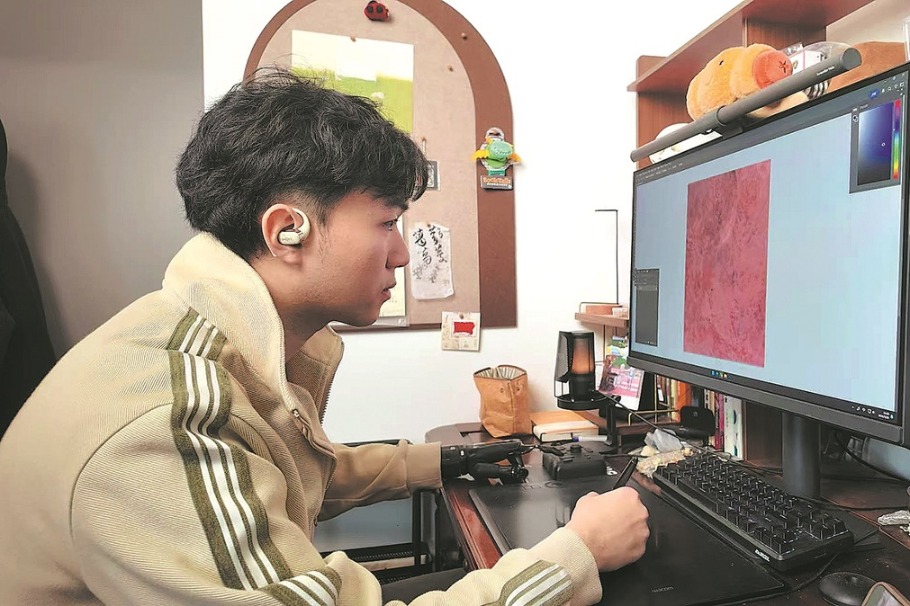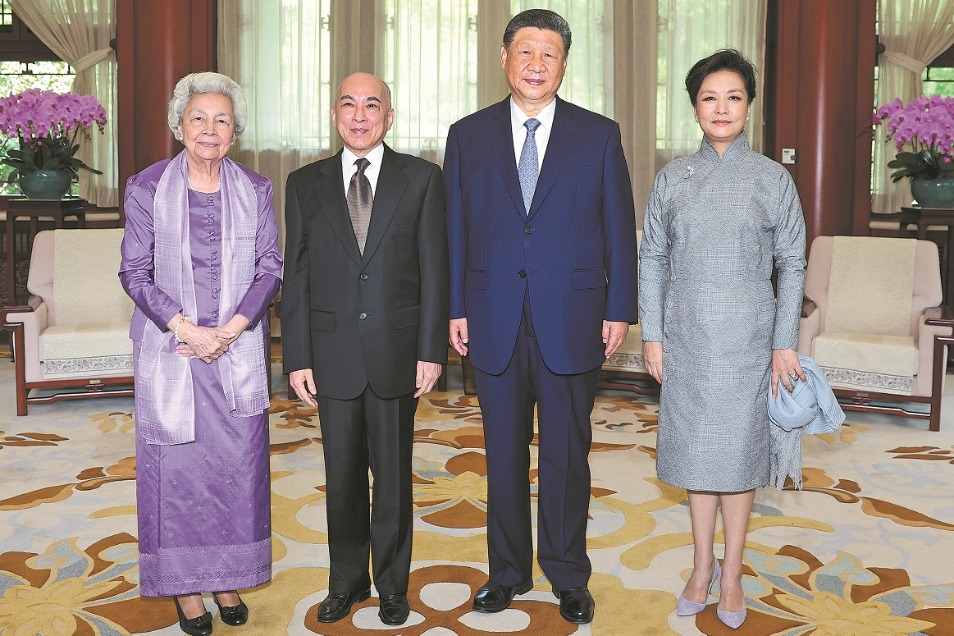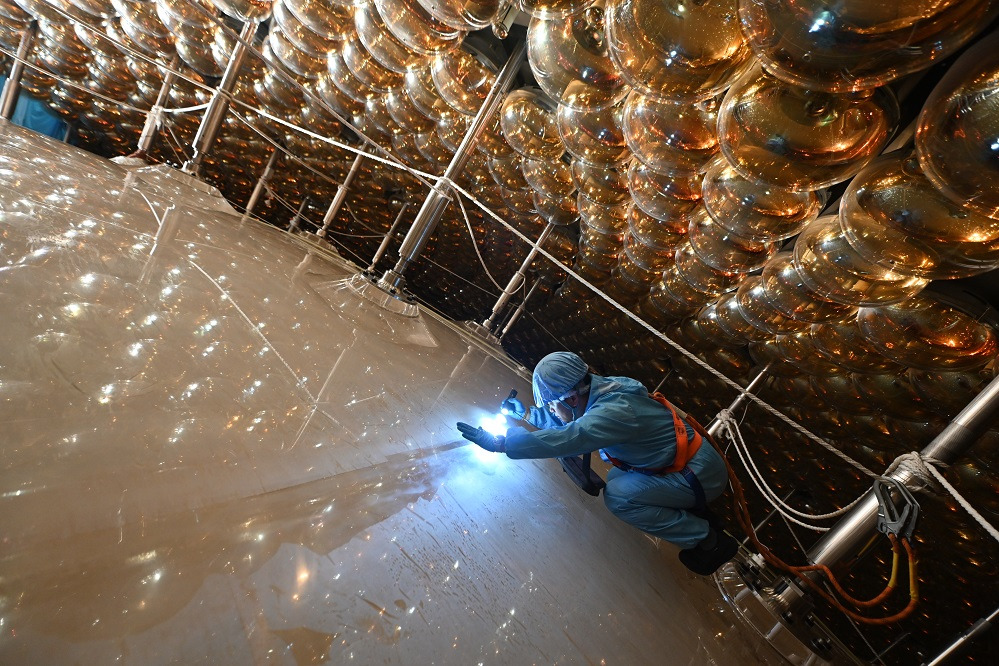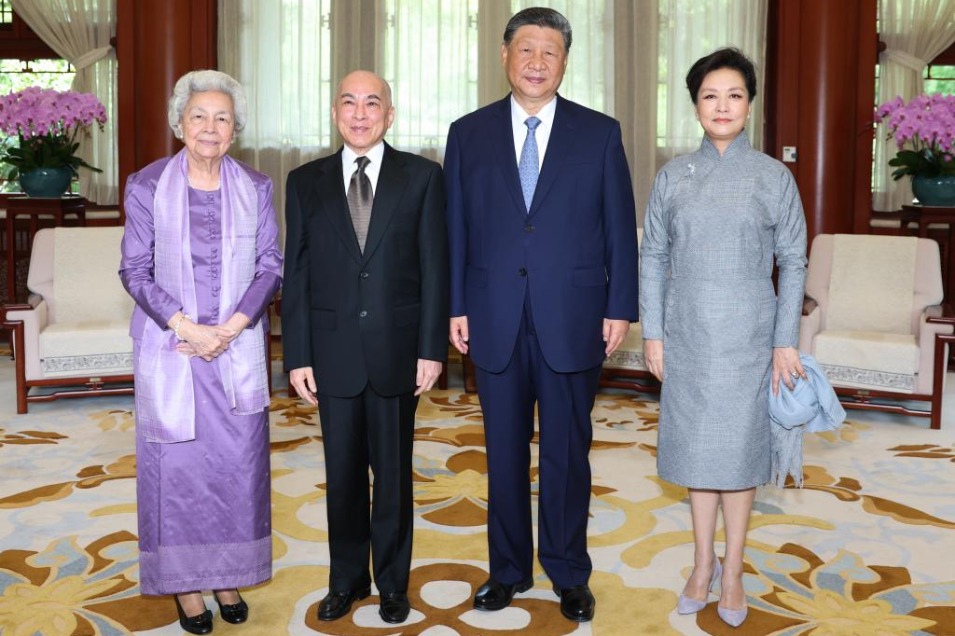Innovation will drive economy in the future

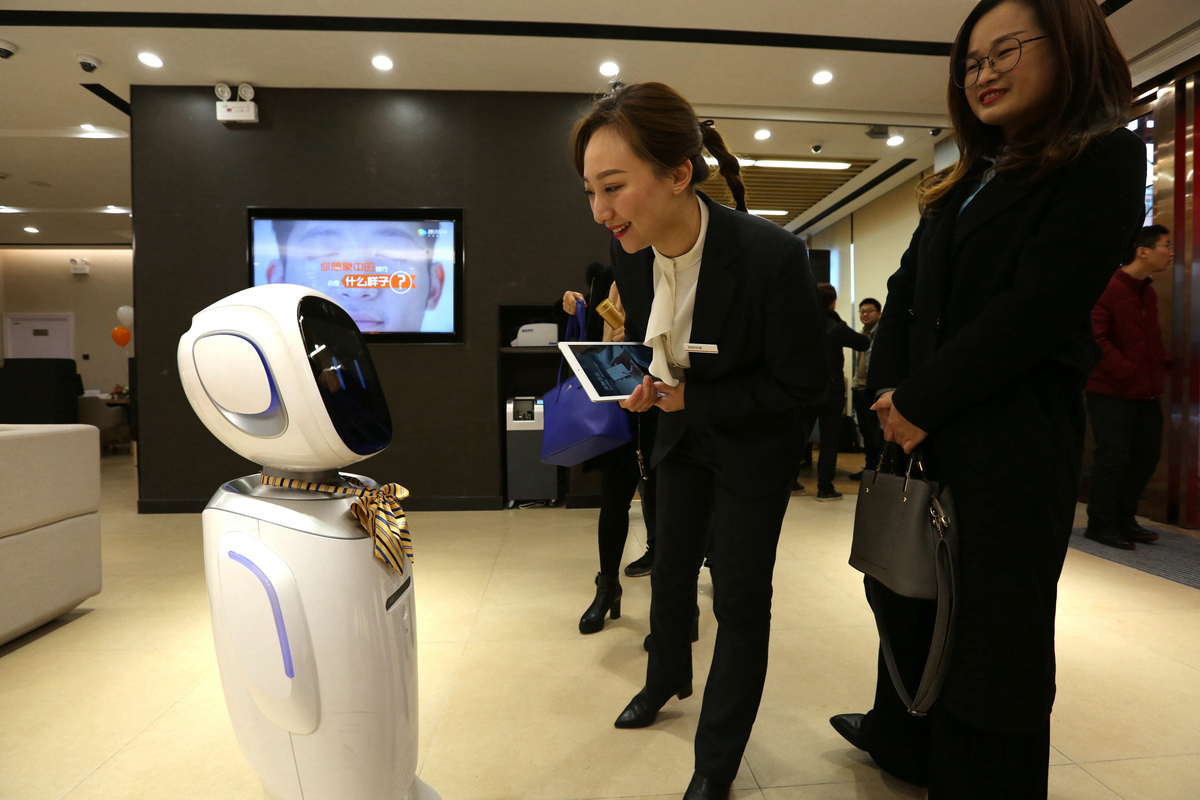
Editor's Note: Delivering the Government Work Report to the national legislature on Tuesday, Premier Li Keqiang said the country would do more to boost innovation while laying the emphasis on ethical scientific research. Over the past few years, the fast development of China's science and technology sector has caught the eye of people both at home and abroad. How did China make breakthrough achievements in the science and technology sector? And what direction should the sector take in the future? Two experts share their views on the issue with China Daily's Liu Jianna. Excerpts follow:
Several factors behind progress
China has progressed by leaps and bounds in the science and technology sector because of multiple factors. First, thanks to its rapid economic growth, China has invested huge funds in the science and technology sector. And the results are there for all to see.
Second, China has used its research and development funds more effectively by employing more researchers in the field of science and technology thanks to the rising number of Chinese researchers and their somewhat low average income.
And third, it is easier for developing countries to catch up with the established technology powerhouses at the beginning of a new round of technology revolution. For example, the established industrial chain and the massive consumer base have given China an advantage in new technologies such as artificial intelligence (AI) and big data.
Still, in the future, the barriers between scientific research and industrialization need to be broken, so as to enable technological development to serve the people's real needs. In addition, the overall environment for scientific research and science facilities should be improved to adapt to the ever-changing research landscape, while researchers should receive better pay and treatment.
More important, to deal with controversies such as the one involving He Jiankui, who claimed to have created the first human genetically edited babies, China should establish a comprehensive system of laws and rules so that no scientist crosses the ethics red line.
And given the consensus reached by the international community, China should more actively participate in the process to make rules for global academic research.
Li Xiaohua, a researcher at the Institute of Industrial Economics, Chinese Academy of Social Sciences
Clear red lines must be drawn
Given that uncertainties and risks abound in the early stages of the development of cutting-edge technologies, the process is bound to involve some controversies. Still, there is a lack of strict regulations, especially those related to some emerging industries and technologies. Which means the authorities need to expedite legislation for relevant laws and rules for research in science and technology.
But that should not prompt the authorities to forbid scholars from conducting research for the fear that they would violate the existing norms and invite public ire. After all, progress made in science and technology in one country will propel the development of people across the world. The key is to set clear red lines to remove all confusions over scientific research.
True, China still lags behind science and technology powerhouses in terms of investment in basic research due to several factors. But that should not prevent Chinese researchers from working to achieve breakthroughs that could change the world.
With further economic development and strengthened emphasis on scientific innovation, the funding for basic research, that is, investment in research and development, will undoubtedly rise. And when R&D investment increases, science and technology development enterprises will be encouraged to play a much bigger role in the scientific and economic development of the country.
Chen Zhi, director of the Institute of Science and Technology for Industrial Development of the Chinese Academy of Science and Technology for Development
The views don't necessarily represent those of China Daily.


















